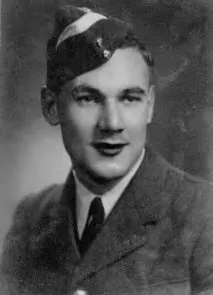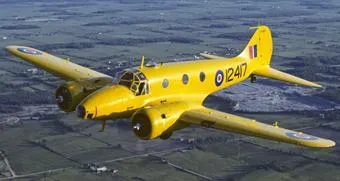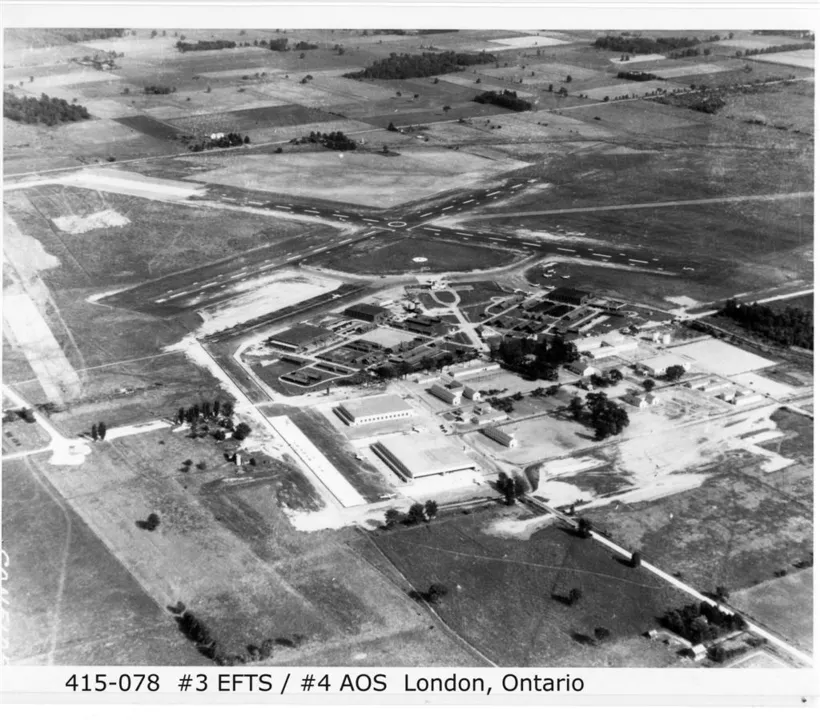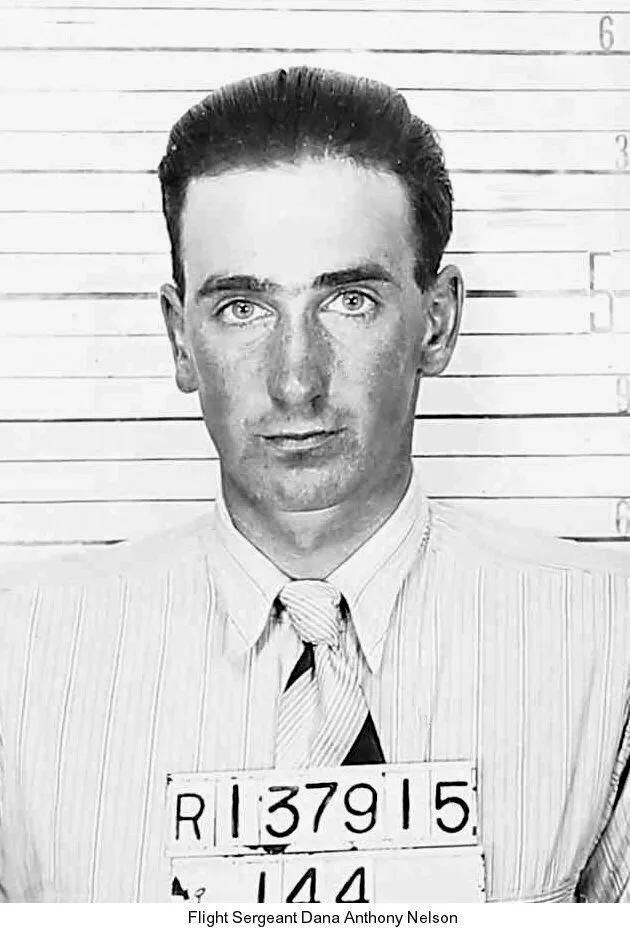Spooner, Kenneth Gerald (Leading Aircraftman)
Killed in Flying Accident 1943-May-14


Birth Date: 1922-May-24
Born: Smiths Falls, Ontario
Parents: Son of late Gerald and Irene Mary (nee Majerison) Craig of Smiths Falls, Ontario. Brother of Gordon, Lloyd, and half brother of Douglas and Isabel Craig.
Spouse:
Home: Smiths Falls, Ontario
Enlistment: Montreal, Quebec
Enlistment Date: 1942-July-31
Decorations: GC

Service
RCAF
Unit
4 AOS- Air Observer School
Base
RCAF Stn. London, Ontario
Rank
Leading Aircraftman
Position
Navigator
Service Numbers
R/179314
Crew or Other Personnel
Anson 7064
Anson serial: 7064

Canadian Warplane Heritage Museum
The Museum's Anson Mk. V was built by MacDonald Brothers in Winnipeg in 1944. It flew with No. 7 Photographic Wing and No. 414 Squadron in Ottawa on photo survey work until the late 1940s. In 1956, it was purchased by INCO and used for mineral surveying until 1980, when it was donated to the Museum. The exterior is painted in the yellow colour common to all BCATP trainers and is in its same wartime RCAF markings.
The Avro Anson was known by a number of nicknames including "Faithful Annie" or "Flying Greenhouse". It was the first aircraft to be flown by the Royal Canadian Air Force to have a retractable undercarriage, which was a comparative novelty in 1936. In 1940, a Canadian government owned company, Federal Aircraft Limited, was created in Montreal to manufacture the Anson for Canadian use. Nearly 3,000 Anson aircraft were produced and, in the early days of the British Commonwealth Air Training Plan (BCATP), the Anson was the standard trainer for many pilots, observers (navigators), wireless operators and bomb aimers. More than 20,000 aircrew received training on the Anson. In Canadian service, the aircraft was substantially re-designed with the substitution of North American engines and many other airframe and equipment changes. Harold Skaarup web pages
Aircraft Images
Anson 7064
Anson Mk. I 7064
Ex RAF AN834. Delivered to stored reserve. To de Havilland Canada on 6 April 1942, probably for erection. Assigned to No. 1 Training Command on 16 November 1942, delivered on 5 January 1943. To No. 6 Repair Depot on 29 July 1943 for scrapping.1941-10-23 Taken on Strength No. 12 Technical Detachment 2019-08-20
1943-May-14 Accident: 4 Air Observer School Loc: Lake Erie Names: Bailey | Brown | Curtis | Nelson | Spooner
1943-10-20 Struck off Strength Struck off, reduced to spares and produce 2019-08-20
Unit Desciption
4 AOS (4 Air Observer School)
Air Observers were later called "navigators". For recruits in this stream, the training path after ITS was 8 weeks at an Air Observer School (AOS), 1 month at a Bombing & Gunnery School, and finally 1 month at a Navigation School. The Air Observer schools were operated by civilians under contract to the RCAF. For example, Nos. 7, 8, and 9 were run by CP Airlines. However, the instructors were RCAF. The basic navigation techniques throughout the war years were dead reckoning and visual pilotage, and the tools were the aeronautical chart, magnetic compass, watch, trip log, pencil, Douglas protractor, and Dalton Navigational Computer. They trained in the Avro Anson.
The School was established at London, Ontario. The former school is now the London, Ontario International Airport.
More information on the RCAF Station at London can be found at RCAF.Info - RCAF Station London ON

